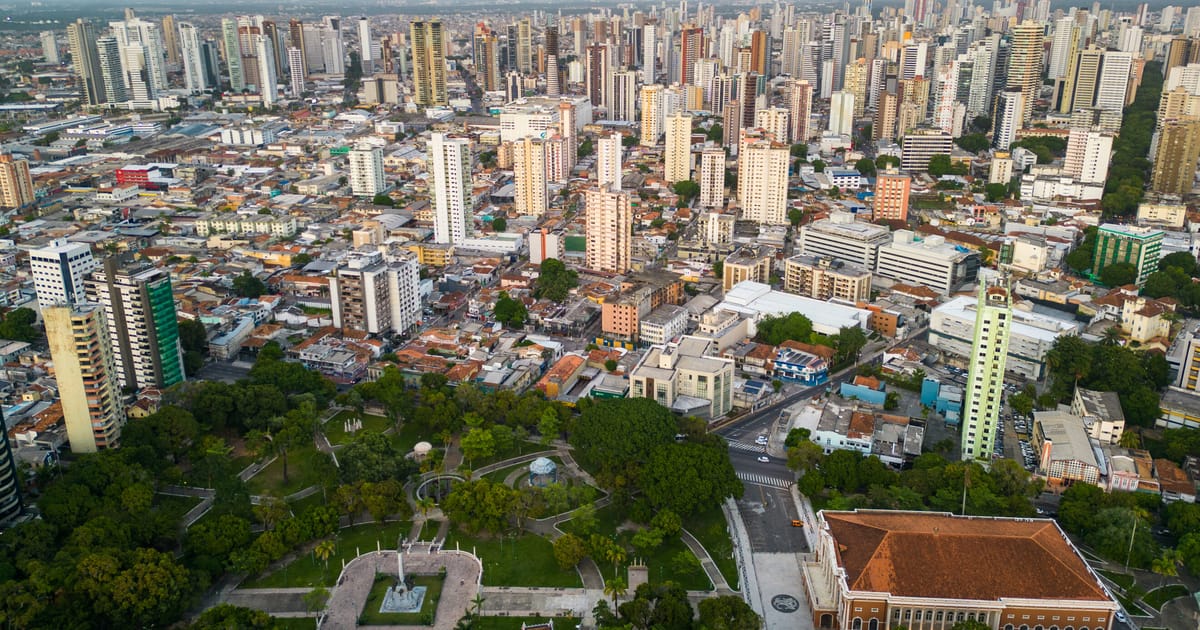

In the serene setting of Belém, Brazil, preparations are underway for the pivotal COP30 climate conference, scheduled for November. This significant event aims to bring together world leaders and environmental experts to address pressing climate issues. However, challenges surrounding hotel availability and affordability have emerged, with Brazilian officials working diligently to reassure attendees that accommodations will be arranged to meet everyone’s needs. The local government is committed to facilitating a successful conference by ensuring logistical preparations align with the expectations of international delegates and participants.
As countries gather to discuss climate solutions, the conference’s potential is further amplified by the collective efforts of the European Union. Yet, in a recent development, French President Emmanuel Macron has announced plans to delay the EU’s next critical climate milestone. This decision could influence the bloc’s broader ecological ambitions, potentially impacting international climate goals. The conversation around this delay highlights the complexities of achieving consensus across diverse member states, each with unique environmental priorities and domestic challenges. Despite the potential setback, EU nations remain committed to fostering collaborative approaches to reach long-term sustainability targets.
Meanwhile, across Europe, regions are actively adapting to the evolving climate landscape. In Spain, known for its robust summers, authorities are enhancing preventative measures to mitigate the effects of increasingly frequent and intense heatwaves. These efforts aim not only to safeguard public health but also to strengthen resilience against environmental changes. Spain’s proactive stance reflects a broader trend of adaptation around the globe, as countries fine-tune their strategies to cope with climate-induced challenges.
Similarly, in neighboring Portugal, communities are bracing for extreme weather conditions, including the occurrence of tropical nights and soaring daytime temperatures. The heightened focus on public awareness and emergency preparedness underscores the importance of community-level action in concert with national policies. This comprehensive approach enables societies to withstand and adapt to the pressures of an ever-changing climate, ensuring that well-being and safety remain at the forefront of environmental planning.
As the world prepares for COP30, the emphasis on cooperation, adaptation, and innovative solutions continues to grow. These efforts highlight the interconnected nature of climate initiatives, bringing together diverse voices to explore pathways for a more sustainable future. By celebrating progress and addressing challenges with transparency and resilience, global leaders are taking mindful steps toward meaningful environmental transformation. The collective journey encapsulates the spirit of unity that underlies successful international climate negotiations, fostering hope and determination for the road ahead.
Source: {link}
